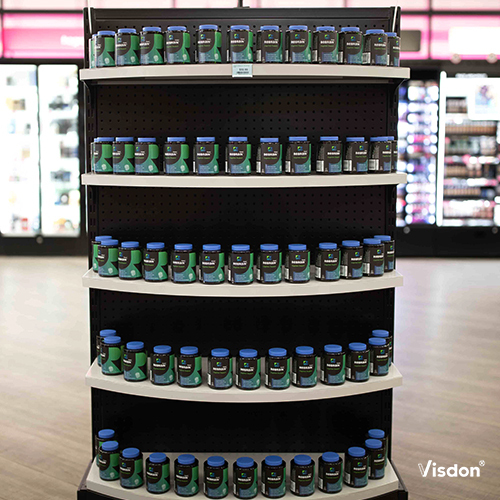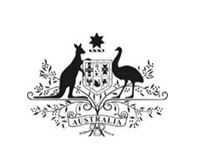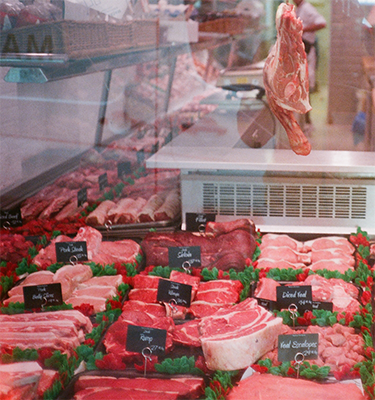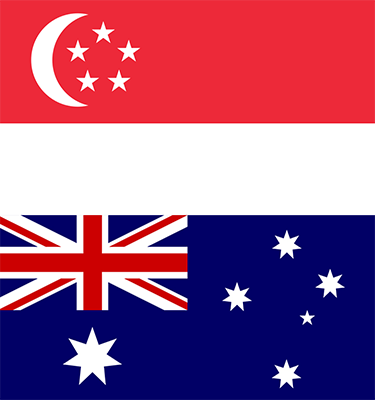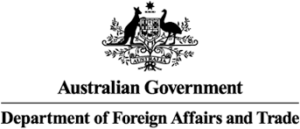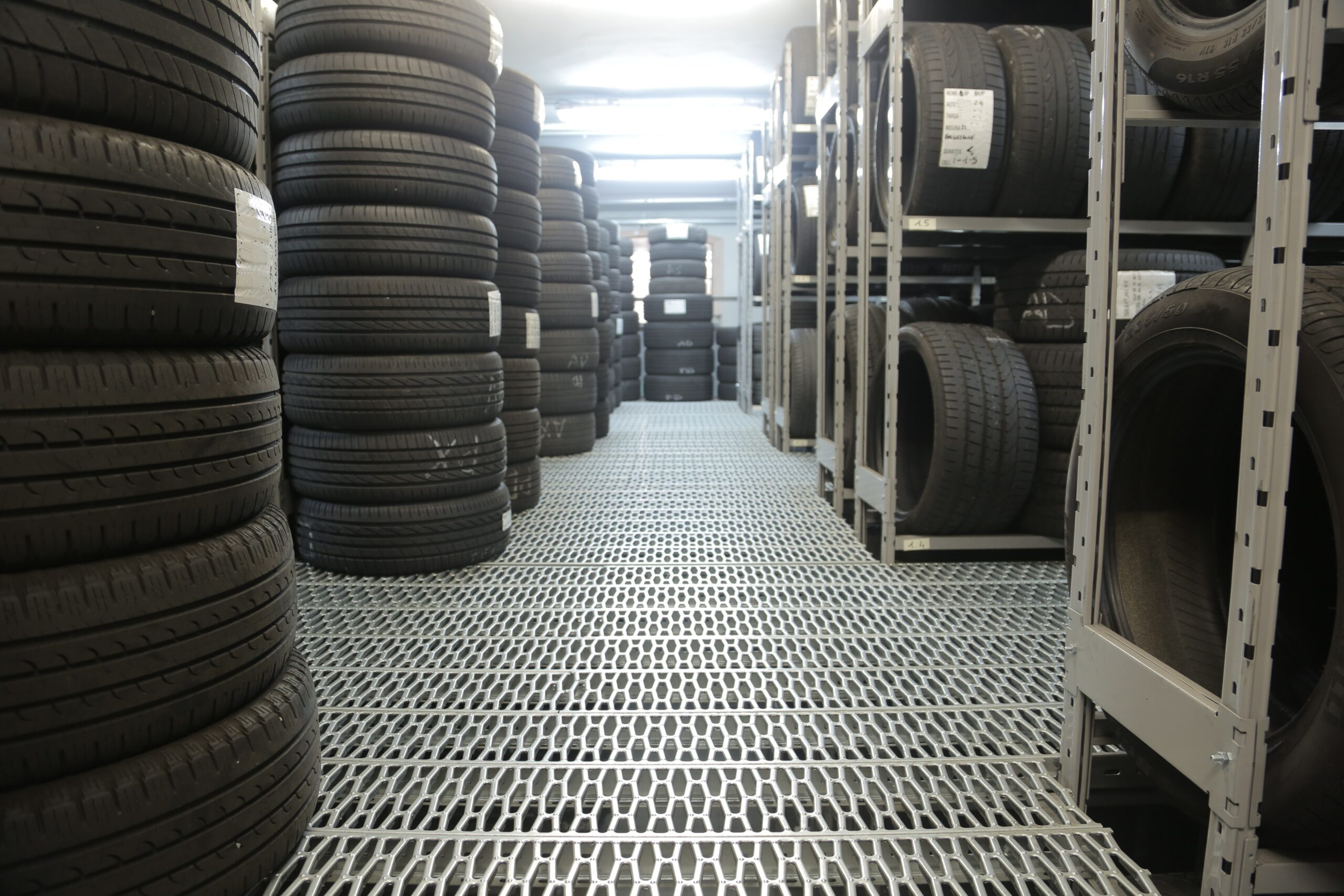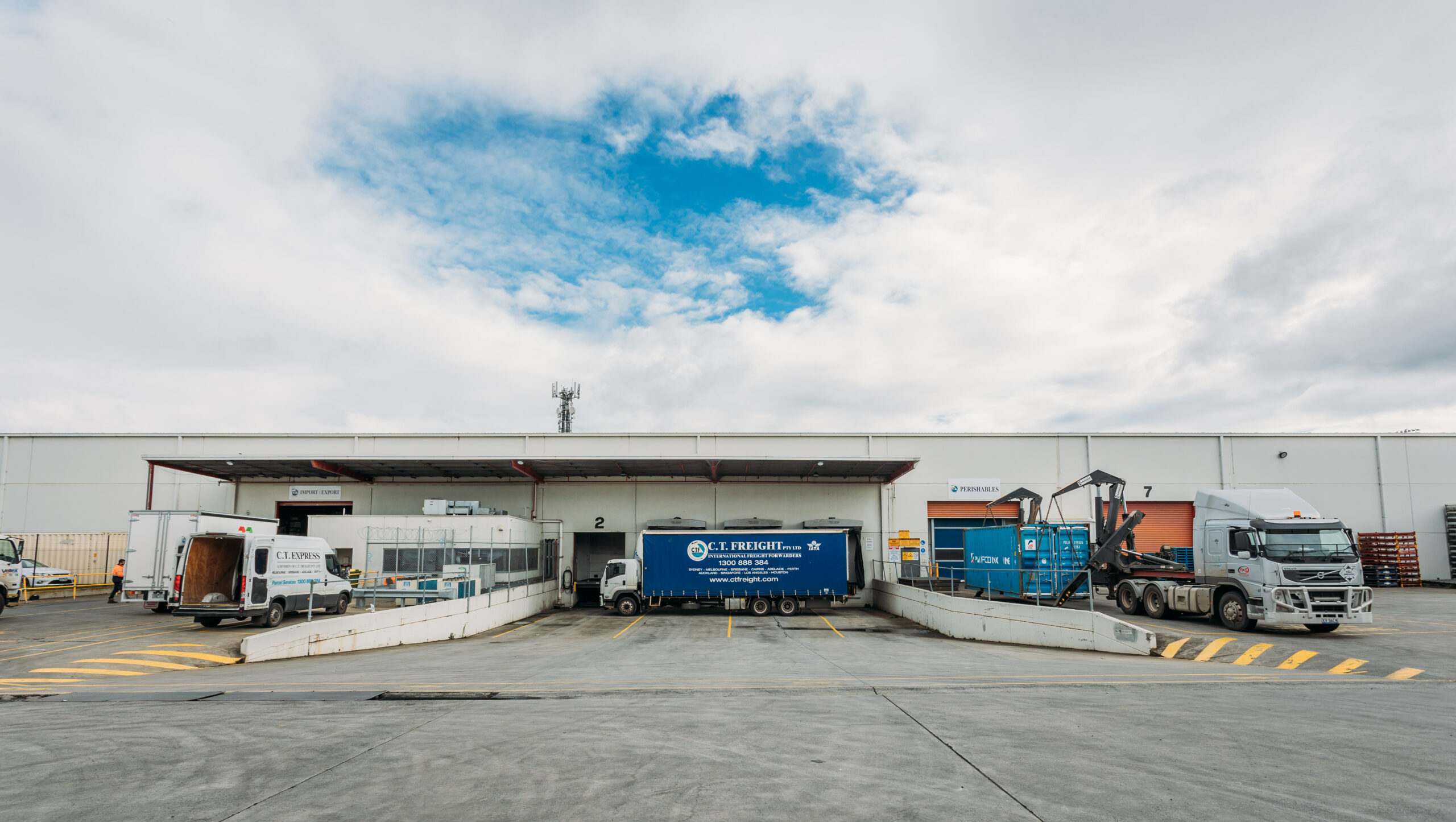Visdon: Finding success during a global pandemic
About Visdon
Founded in 2018, Visdon provides brain health supplements that are authentic, natural and made in Australia. Their journey started when a group of passionate researchers, pharmacists and health professionals, united in Sydney with a common cause to provide natural supplements to improve cognitive function and boost memory.
Since their formation, Visdon’s growth as a company has been rapid and aligned with an increasingly growing demand for brain support products globally. After starting out as a single warehouse in Sydney, the company has now expanded to Melbourne and Hong Kong, with a fully fledged Marketing and Sales team headquartered in Shanghai, China.
Furthermore, they have partnered with multiple countries for R&D, ensuring the production of world-class products whilst maintaining the highest consumer safety criteria. It is part of the company’s vision to increasingly invest in research and clinical trials for the development of brain health products that benefit humanity.
One of the company’s core values is to support the local Australian economy and help promote Australian-made products on a global level. As a result, Visdon has purposely partnered with manufacturers and researchers that are based in Australia.
Export focus and product distribution
Visdon’s products, such as Rebrain, are primarily focused towards middle aged and senior consumers, although new products are currently in development to also support brain health for pregnant women, adolescents and children.
Visdon has partnered with hundreds of distributors worldwide and has been featured on over 100 popular online platforms in China, such as JingDong (JD).
In Australia, Visdon enjoys broad coverage across major retail pharmacies and online eCommerce platforms. Their products are available in 68 local Australian pharmacies across NSW, VIC, SA, WA and QLD.
Visdon exports their products internationally with their core market focus on Mainland China, Taiwan and South Korea. Since the start of the 2021/2022 financial year, Visdon has exported over 20 different types of natural supplements to multiple overseas distributors. In addition, they are in the process of achieving market penetration in Malaysia and Vietnam.
Finding success during a global pandemic
With the outbreak of COVID-19 in 2020, it was a very challenging year for both businesses and consumers. The shutting of borders, pausing of international travel and the occurrence of multiple lockdowns, all contributed to an unprecedented disruption to normal life.
Despite these circumstances, Visdon overcame massive logistical and political challenges that impacted production, supply chain, and retail to successfully launch Rebrain, their flagship product in mid 2020.
The promotion and distribution hurdles brought upon by the pandemic were partly solved by an embracing of digital and eCommerce. As a result, the company partnered with distributors with a strong online presence and obtained listings on reputable eCommerce platforms.
The results have been satisfying for the company with sales revenue growing steadily since Rebrain was launched, corresponding with a target audience that is increasingly becoming more educated and aware of the importance of brain health and preventing the decline of cognitive function and memory loss.
The reception for Visdon has been exceedingly positive and it has won the following prestigious accolades.
– Rebrain won the 2021 NutraIngredients-Asia Award for Product of the Year: Botanical
– The company won the 2021 Stevie Award for International Business Award
– One of their co-founders, Lara Tang, won the 2021 Stevie Award for Women in Business
To learn more about Visdon, visit their website or follow them on Social (Facebook: VisdonAustralia, Instagram: @visdonaustralia).

